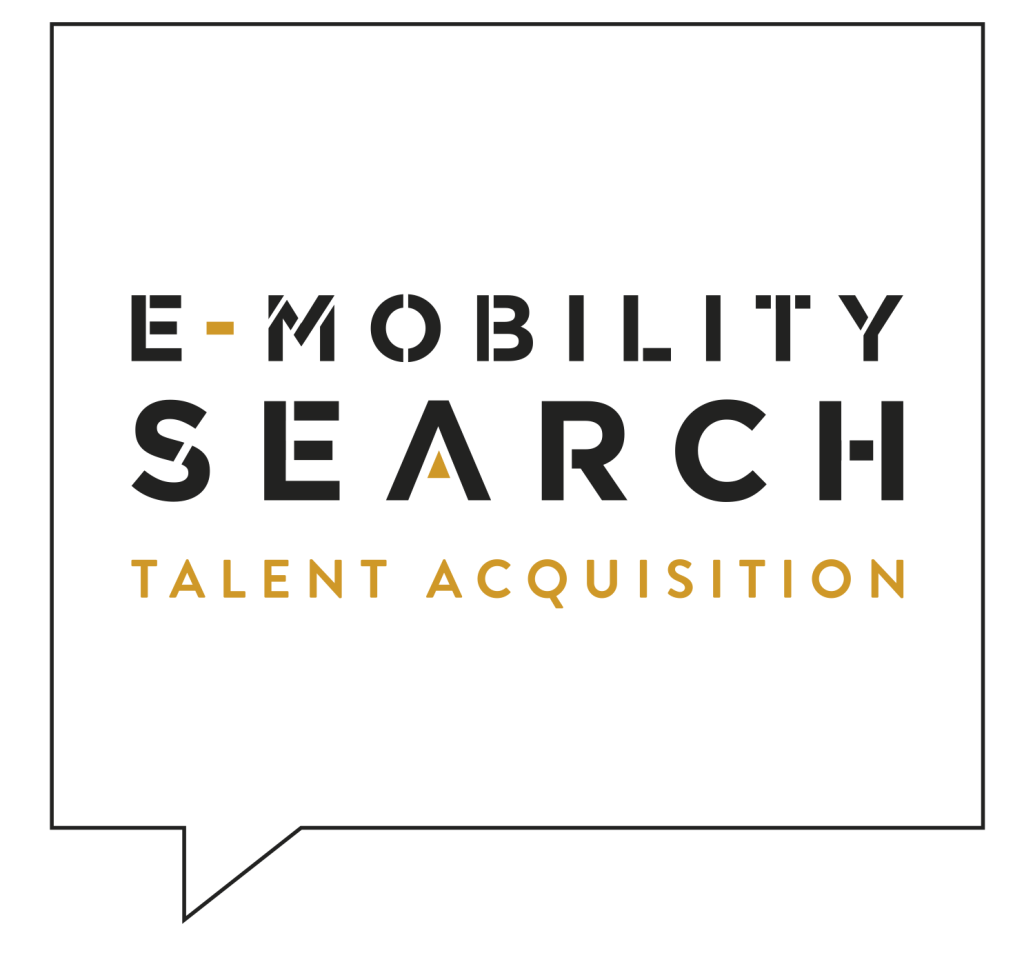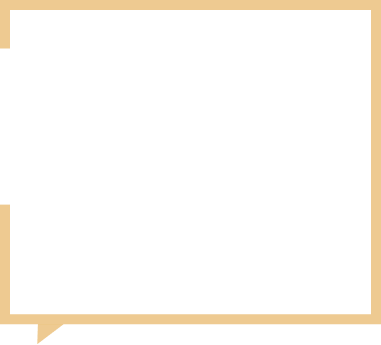Smile, shout, punch the air, call a friend or family member to relay the good news, then panic, check your calendar, re-check the job spec’ and intensely contemplate the approach you’ll take. These are some of the common reactions to winning an interview for a position you really want. Read on over the next two pages to improve your interview tactics via the E-Mobility Search-approved 10 nifty don’ts and do’s for your big day…
What Not To Do At A Job Interview
Never bad talk your previous / current employer or boss
Prospective new employers will meet this with scepticism, and you could be seen either as a potential risk to the harmony at the company or even as a political player. When asked about your reasons for leaving, accentuate the positives, for example ‘My job is boring’ would be ‘I am ready for a bigger challenge.
Don’t talk about money/ benefits unless asked
If and when you are asked about salaries be honest and realistic – the average pay increase when moving jobs rarely exceeds 10% of your current package. If you are aiming for more, you will have to justify this with a compelling rationale.
Don’t be over familiar
Some personality types quite often kill the goose here. It’s important to strike a balance between being a human and a complete chat bag. It’s also important to remember to keep on track, avoid diverting from the topic in hand.
Don’t communicate ineffectively
Do yourself justice. If your first language is not the one being used and/ or you have a strong accent, practice and beware of speaking too quickly for your interviewer(s). Keep your language clear and concise and give your listeners(s) sufficient time to absorb what you are saying.
Never display poor body language
Yawning, itching, feet up! Elbows on the table are all bad signs that rarely culminate in a positive conclusion
What To Do At A Job Interview
Prepare
A great candidate prep’s correctly and will use available time to:
- Review the company website, social media channels and Google recent news items.
- Get to know their products, people, processes, culture, customers, and competitors.
- Exploit Linked-In, scrutinise your competition and check out who already works for that business – familiar faces can provide additional useful info.
Absorb the format and requirements. You may need to show ID or provide a short presentation so read all comms closely.
Look and sound the part
Read all comms, check out their website and any media content they’ve put out and mirror their dress-style as best you can in both face to face and video interviews.
In general, T-shirts and shorts are OUT. For video interviews, ensure your IT (including camera, microphone, and speakers) supports your best performance, with a sensible, undistracting background and ambient noise.
Listen and get to the point
Don’t talk over your interviewer(s). Listen intently and answer concisely. Over-elaboration, presuming the listener doesn’t know the basics, can come off as rude. This is even worse if the question remains unanswered. Elaborate only when asked.
Be the kind of person you’d want to work with
Chemistry and reading signals are key. Smile and engage genuinely in friendly but limited small talk to break the ice, but don’t force it and appear over-familiar, as this can kill your credibility. Be clear about how you can add value for the business. Project passion and enthusiasm for the brand and your potential future work projects.
Ask good questions
Keep these salient and relevant to the discussion. Be discerning – you don’t have to ask them all or in the order you thought of them. Build empathy and credibility by asking questions where you know the resulting conversation will offer you a chance to speak about a tough challenge you’ve overcome or one of your key successes. For example:
- What are the plans for growth?
- What does the product development roadmap look like?
- What will be the key challenges in achieving these objectives?
- Why is this position open right now and how do you think I’d fit in?
- Why did you personally join this business?
And finally…
End on a positive. Thank the interviewers for their time and express how much you have enjoyed the meeting as well as your keenness to progress to the next stage!
For more advice, contact your specific adviser or use the contact us page to say hi and see how we can help you.






